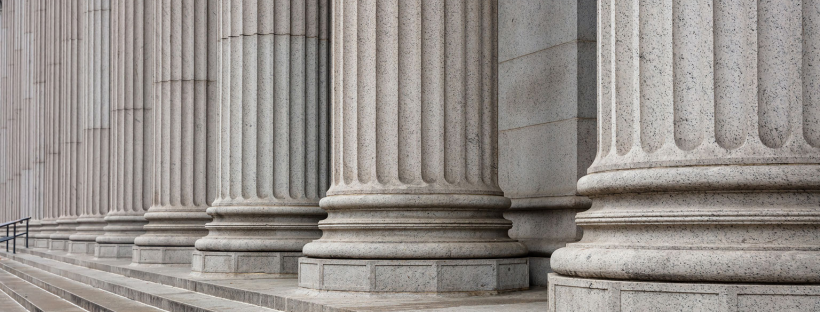
Accountability & Remedies
IHRC advances accountability and seeks meaningful remedies for individuals and communities that have suffered grave human rights violations, including crimes against humanity, extrajudicial killings, torture, disappearances, and life-threatening environmental harms. This work draws on our expertise in international criminal law, transitional justice, and the human right to an effective remedy, as well as our longstanding track-record holding accountable both state and non-state actors, from individual officials to corporations to international organizations. IHRC deploys a range of strategies tailored to the goals and interests of our clients and partners, including litigation in domestic and international fora, complaints to and engagement with UN procedures and committees, fact-finding and documentation, report-writing, and out-of-court advocacy.
Meet the Clinicians who work in this area:
Representative Projects
IHRC provides international criminal legal analysis to advance accountability for serious human rights abuses around the world. We have supported suits against high-level perpetrators of torture, extrajudicial killing, arbitrary detention, and enforced disappearances committed in The Gambia between 1994 and 2016. Since 2017, the country had been engaged in a transitional justice process to document these abuses and bring perpetrators to justice. Using new information first revealed before The Gambia’s truth commission, IHRC conducted an investigation as well as comprehensive legal research, and formulated argumentation and theories of liability to be applied as cases proceed against key actors. Separately, IHRC published a report that analyzed gang-led massacres targeting impoverished neighborhoods in Haiti under international criminal law and found significant evidence of state involvement in crimes against humanity. The report was widely cited in the media, including in the The New Yorker and Le Nouvelliste (Haiti’s daily paper), and by members of U.S. Congress.
IHRC has spearheaded groundbreaking human rights cases in U.S. courts, including Wiwa v. Shell and In re South Africa Apartheid Litigation. Students have been involved in all phases of litigation, from initial fact-finding and drafting of complaints, to defending against motions to dismiss and for summary judgment, to trial and appellate practice. IHRC currently serves as co-counsel in the landmark Mamani case against the former Bolivian president and minister of defense for extrajudicial killings committed against indigenous people in Bolivia, abuses for which a jury awarded our clients $10 million in damages. IHRC also has an active amicus practice, and in 2022 submitted an amicus curiae brief to the U.S. Supreme Court on behalf of international scholars in Jam v. International Finance Corporation (IFC). The case brings claims on behalf of Indian farmers and fishworkers who suffered devastating impacts from a coal-fired power plant that was financed by the IFC, the branch of the World Bank that lends to private corporations. Drawing on international law and the legislative history of the Foreign Sovereign Immunities Act, IHRC’s brief argued that the IFC should not be immune from suit.
We are one of the leading voices in advocating for access to remedies for communities whose rights are violated in the name of aid. IHRC released a report on the need for remedies for Roma communities who suffered severe lead poisoning in displacement camps managed by the United Nations after the Kosovo war. After the UN spent years evading claims for compensation, the organization’s own Human Rights Advisory Panel issued a sweeping decision calling for reparations. Yet the UN has essentially ignored its own panel’s decision. Students are working with civil society partners and UN experts to identify and implement advocacy strategies; spearheading outreach to UN member states, high-level officials, and the media. In 2020, IHRC submitted a complaint alleging violations of the right to effective remedy of Haitians injured or killed by cholera introduced to Haiti through reckless waste management on a UN peacekeeping base in 2010. The submission spurred an allegation letter from 14 UN human rights special procedure mandate-holders to the Secretary-General – one of the largest coalition allegation letters sent on any issue to date.
